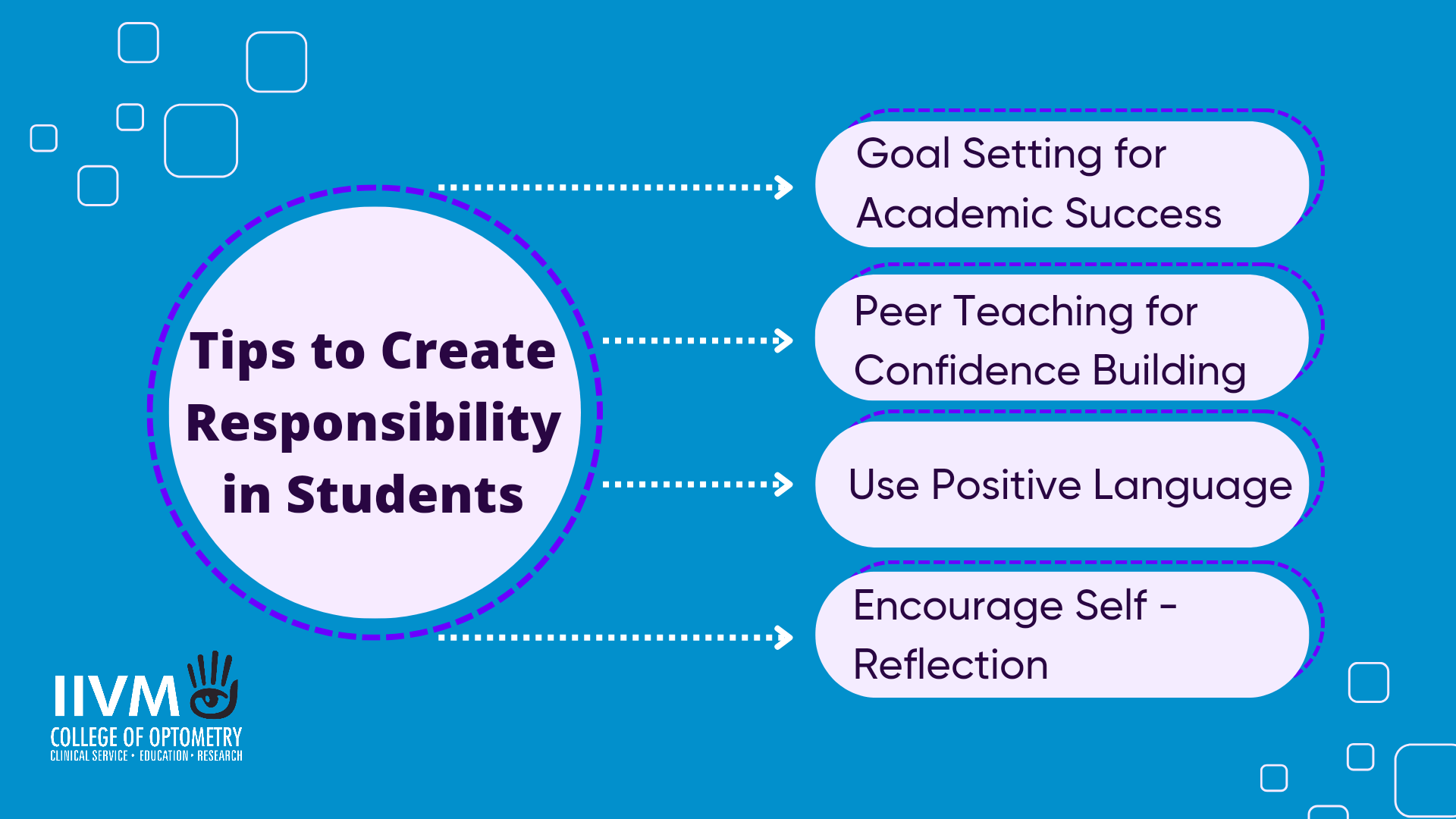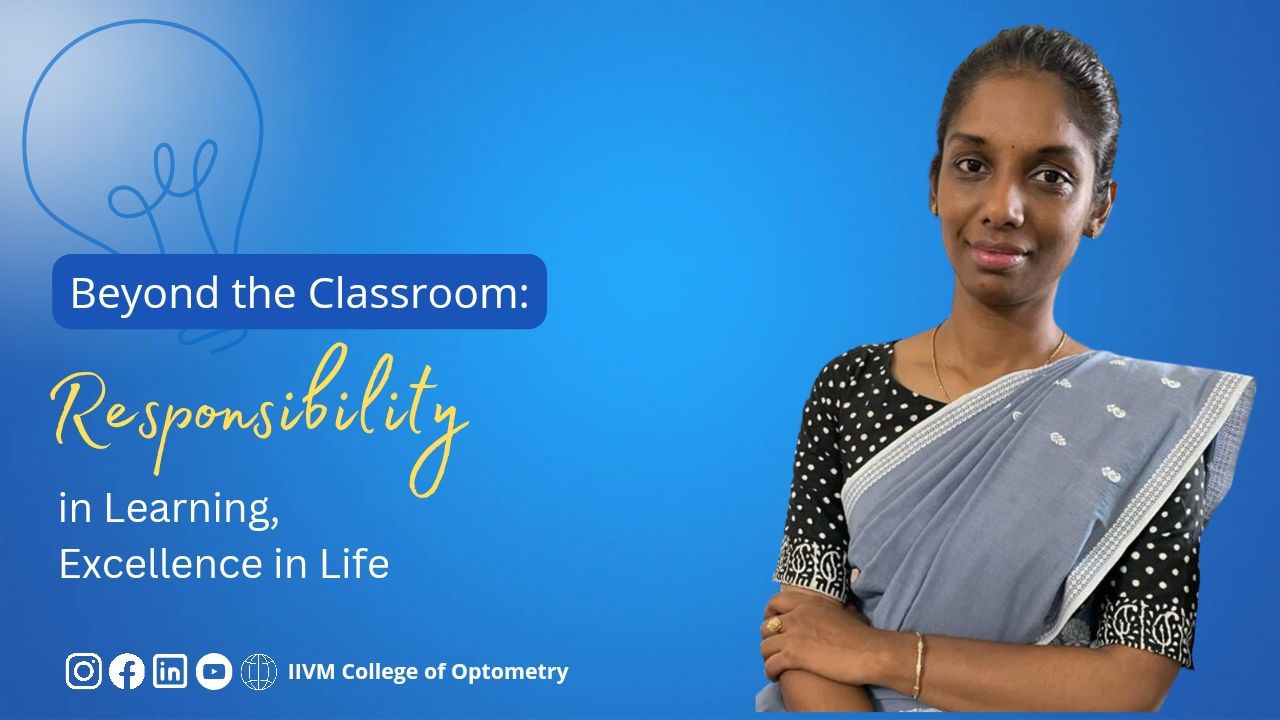Beyond the classroom: Responsibility in learning, excellence in life
In education, it is common for teachers to witness students struggling to complete assignments on time. However, it's essential to recognize that this doesn't necessarily indicate a lack of responsibility. As a teacher, I have seen students who will be good listeners and answer all the questions, but when it comes to writing, they will not produce the points. As educators, we play a crucial role in guiding students towards becoming responsible learners who actively take charge of their own learning journey.
In this blog post, we will explore practical tips to empower students to embrace responsibility, even if they face challenges in certain aspects of their academic journey.
"Responsible Learners, resilient leaders: Transforming challenges into opportunities"
Tips to Create Responsibility in Students:
1. Goal Setting for Academic Success:
Begin by engaging students in the process of setting realistic and achievable goals. Instead of imposing objectives on them, ask questions like, "What is your goal for the next exam?" Encourage them to outline steps they can take to reach these goals. This not only instills a sense of ownership but also helps students develop a strategic approach to their studies.
2. Peer Teaching for Confidence Building:
Empower average learners by encouraging them to teach Best allied health science courses their peers, especially those who may be struggling. This collaborative approach not only boosts the confidence of the student taking the lead but also creates a sense of responsibility towards the collective success of the class. It instills the belief that everyone has a role to play in the learning process.
3. Positive Language in Communication:
When communicating with students, use positive and inclusive language. Shift the focus from the word ‘You’ to ‘We’. For instance, ask questions like, "What shall we learn today?" or "What assignments will we do today?" This approach creates a supportive learning environment where students feel accompanied on their educational journey.
4. Encourage Self-Reflection:
Introduce regular self-reflection activities where students assess their own progress and identify areas for improvement. This reflective practice helps them recognize their strengths, understand their learning preferences, and take responsibility for enhancing their skills. It also encourages a growth mindset by emphasizing the potential for improvement over time.
5. Provide Opportunities for Autonomy:
Gradually release control over certain aspects of the learning process. Allow students to choose topics for tests, decide on the format of assessments, or class activities. Providing autonomy create a sense of responsibility, as students understand that their choices impact their learning outcomes.

As educators, our role extends beyond delivering content and setting deadlines. By implementing these tips, we can actively contribute to shaping responsible learners who are not only adept at completing assignments but are also confident in their ability to take charge of their academic journey. Creating responsibility Medical course without NEET goes hand in hand with a positive and inclusive learning environment, where students feel supported and empowered to embrace the challenges and joys of learning.
Join us at IIVM College of Optometry and become part of a community dedicated to creating responsible learners who excel not just in academics but in life. Take charge of your educational journey and shape your future with us!
Unlock your potential, embrace responsibility, and thrive at IIVM College of Optometry!


